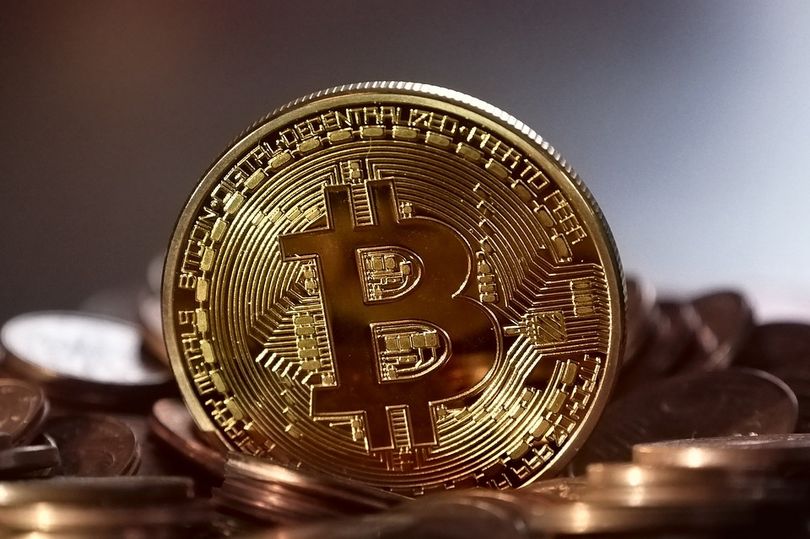What is Bitcoin and how does it work?Everything you need to know about digital currencies
Bitcoin is suddenly everywhere, from large financial technology companies to computer-savvy teenagers, and this digital currency is winning praise from everyone.
Dubbed the “future of money” by some financial experts, it’s not just for the internet.
In the UK, you can pay with Bitcoin at popular shops such as Lush, Microsoft, and Etsy, and use it to book a wedding in Northumbria.
So what exactly is bitcoin, and is it bad for the environment?
Read more:Bitcoin price crash sees it drop to six month low
What is Bitcoin and how does it work?
Bitcoin is a cryptocurrency that was established in 2009. Unlike traditional forms of cash, it is not backed by a government or institution, nor is it physical – instead, Bitcoin is verified through a vast amount of computer power.
A public ledger that everyone can access records the amount of bitcoin an individual has and the transactions made.
While every bitcoin purchase or transfer is recorded, it is relatively anonymous – making it an attractive alternative to centralised banking.
A mysterious individual (or group) named Satoshi Nakamoto introduced the concept, but they have never been identified.
Other cryptocurrencies – such as dogecoin, recently highlighted by Bitcoin fans and Tesla owner Elon Musk – have grown in popularity in recent years. Based on a modus operandi, dogecoin’s value has soared, partly due to speculation about the popular Reddit forum.
How much does a bitcoin cost?
One bitcoin is currently worth £35,729.52 or $50,139.30 – not to be underestimated.
In October 2010, you could buy a bitcoin for around 10 cents – a very fortuitous purchase.
However, for some forward-thinking investors, this has proved to be a nightmare.
Last year it was reported that German programmer Stefan Thomas owned around $240 million (£175 million) in bitcoins, a gift is given to him over a decade ago.
Frustratingly, he had forgotten the password to the hard drive where the cryptocurrency was stored. Unless he remembers, his millions will be lost forever.
What is a Bitcoin miner?
Mining bitcoins is how new bitcoins enter circulation – similar to mining commodities such as gold.
Like gold, there is a finite amount of bitcoins – 21 million.
However, it has another important purpose, as it maintains the blockchain register. It requires computers to do some (very complex) mathematical operations and develop ledgers.
As a result, Bitcoin miners are helping to validate the system itself and are being rewarded with cryptocurrency for their work.
However, it’s not easy. Bitcoin miners compete with each other to solve the maths behind the blockchain – which means that extremely powerful computers are almost always required.
The more bitcoins that are mined, the more complex the algorithms become.
Why is Bitcoin bad for the environment?
As more and more powerful computers are needed to mine bitcoins, more and more electricity is needed to run them.
In February, the Cambridge Bitcoin Energy Consumption Index reported that the cryptocurrency’s carbon footprint is equivalent to that of Argentina.
Environmentalists have highlighted this as very worrying. The industry is inextricably linked to coal consumption as mining requires a lot of electricity; mining bulk commodities such as copper requires about half the amount of electricity as the virtual currency.
However, fans of Bitcoin point to the success of the second most popular cryptocurrency, ethereum.
Its founders have promised to create an algorithm with a lower environmental impact – although this remains to be seen.
To sum up.
“Bitcoin is a virtual, cryptographic digital currency with no issuer. Bitcoin is one of the applications of blockchain, where transactions in bitcoin form a chain of transaction records, and the links between different blocks form a blockchain. Bitcoin is essentially an encrypted block of information, and because there is no universally recognized issuing official, Bitcoin is not a particular country’s official currency.” And it is a high-risk investment that must be treated with caution
it is a high-risk investment that must be treated with caution










